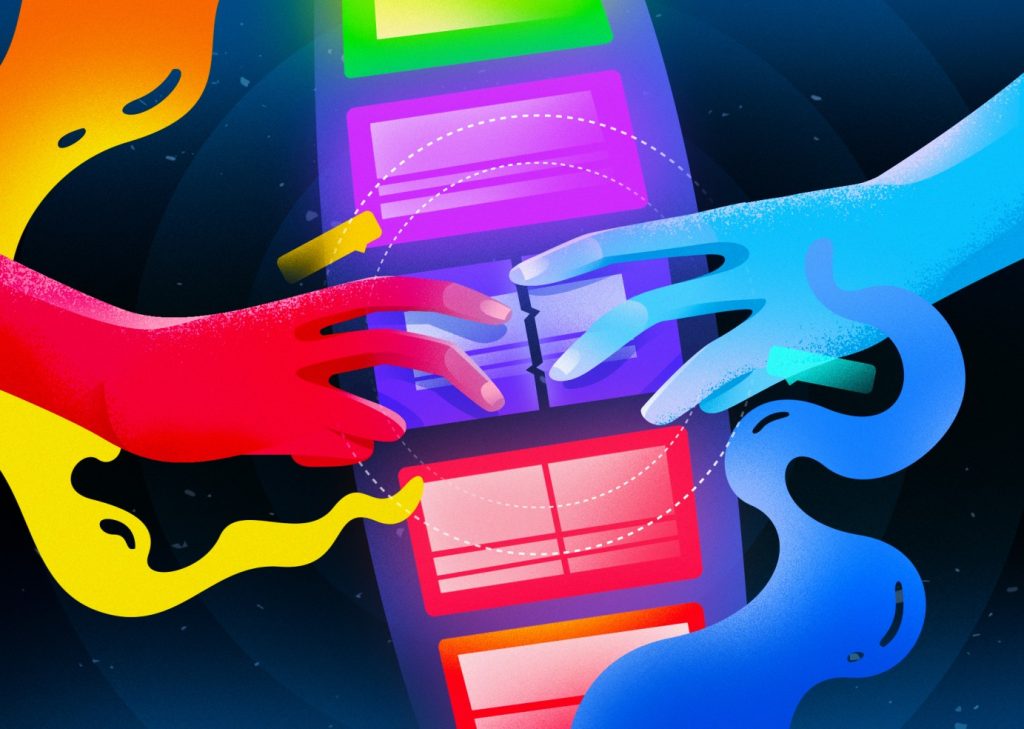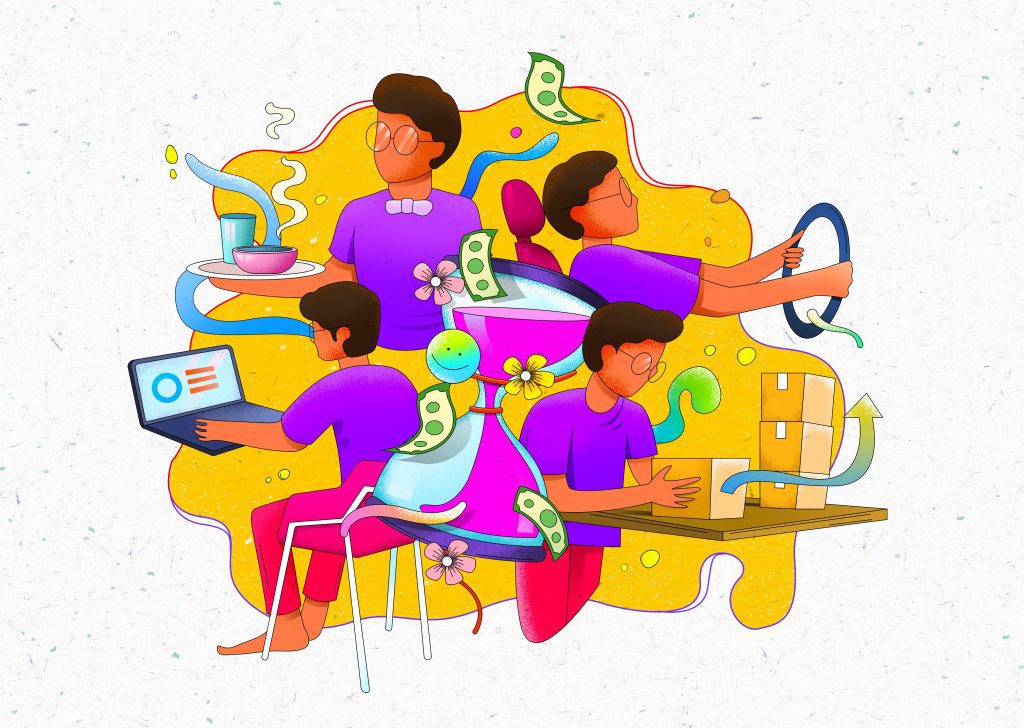Every business starts with an ‘obvious’ before coming round the corner of their actual niche. Often this knowledge of who their obvious audiences are, the obvious ways they think, the obvious needs of the users lead to confusions. Even if they mitigate these confusions with facts and figures, there seems to be an entry of cognitive bias. Businesses absorb only those things that favorable to their existing knowledge of things. They build additional knowledge from what they already know from the information passed on after market research.
Cognitive Biases and Scale of Business
Startups frequently experience operational blind spots in critical areas of their business. The manner in which a new group is formed to accomplish a goal affects how they process information and make decisions. There is framing bias. It is when an individual or team views a piece of information differently. By depending on how it is presented and received, framing bias works. When a company is trying to build a system, the decisions taken get qualified only through the already existing awareness of the employees. There is a cognitive bias that takes form during that process.


Cognitive biases and the users
Businesses use the cognitive bias of users adopting a belief based on the number of users who have already adopted the belief. In this case the business can choose the belief that they want their product users to believe. The makers can create beliefs and behaviour based on these user biases.
Often habit changing products want to be used, but the users decide to stop using them. Because they just don’t want them anymore or their requirement is fulfilled. Habit changing is not the primary goal of a business but it is just part of it. Because they don’t provide everything in a single product. The manufacturers won’t simply let the customer be empowered enough to quit using the other items they offer to the market. They also don’t want the users to stop using them. Need is a loophole in which businesses thrive. Therefore, businesses won’t give it all in a single product for the user rather they will introduce multiple products by creating a need.
Users are over-reliant on the first piece of information and the information that contradicts them. This bias is also applicable for businesses when the decisions and actions that they make only limit those existing beliefs that they have and not get through contradicting beliefs.
Anchoring is yet another bias based on the habit of the people in fixation. They fixate on a value for a product after their calculation and do not tend to move from their forecasts on it even if the outcome moves meaningfully.
Sellers Cognitive Biases
Flawed marketing assumptions based on senior leadership and years of experience. Here a seller pushes only the information based on the existing knowledge to initiate the product.
The senior being overly proud of the company leads to misguided perception of the true value of the products and services.
Buyer Cognitive Biases
Because of the users’ previous beliefs about the products, sellers’ abilities may be questioned. Direct personal experience can affect the user’s perceptions of the brand.


How can businesses overcome cognitive bias?
Cognitive errors can mislead business into taking irrational decisions that can affect the business. The idea of avoiding the blind zones when launching a product offers a way for business. It is important for them to ask themselves. ‘What if there is a bias there?’. Addressing this question will mitigate the fear of going wrong or landing in cognitive bias.


